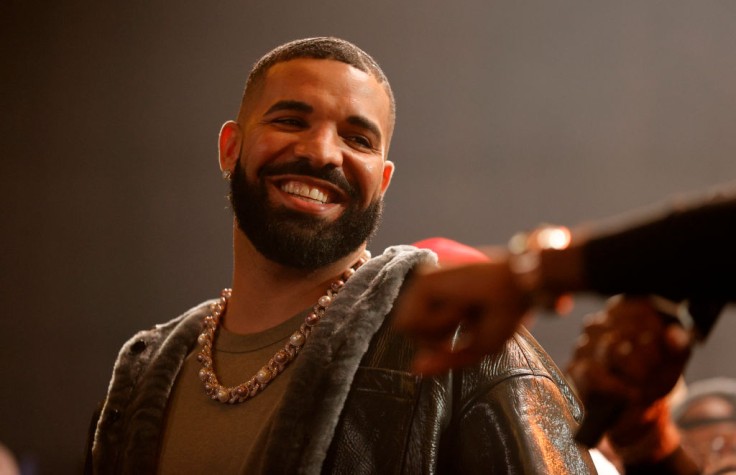
Drake and The Weeknd made rounds online over the weekend as a song titled "Heart on My Sleeve" was released on several music platforms. Little did fans know that the track was allegedly produced by artificial intelligence.
More recently, it has been reported that the track garnered millions of streams from fans, leading some people to question if someone is getting paid from the revenue.
According to Billboard, the track became a controversial topic as it was immediately removed from streaming platforms shortly after it was released.
Over the span of a few hours, the track was able to receive millions of streams and reportedly earned millions of dollars.
People from the music industry were shocked for a fact that a TikTok user under the username Ghostwriter, with just over a hundred thousand followers, could have a big number of streams.
Drake, The Weeknd AI Song: How Much Did it Earn?
Per a report from the outlet, the daily streams in the U.S. alone went from 2000 on Friday to a whopping 1.4 million on Monday. With 1,423,000 streams, it was projected to have earned around $7,500, while the global streams, totaling up to 2,125,000, were worth around $9,400.
Read also: Oasis NEW AI Album: Liam Gallagher's Vocals Featured in NEW Project BUT There's a BIG Twist
Regarding the question of who will get paid, it appears that the user who generated the artificial intelligence-produced songs won't earn anything as streaming royalties are usually rolled out on a monthly basis.
The outlet noted that the companies will have time to detect copyright infringement and a source from an unknown music streaming platform claimed that the TikTok user's royalties "will be withheld."
Drake, The Weeknd AI Song Removed From Streaming Platforms
According to BBC News, "Heart On Sleeve" was removed from major streaming platforms such as Spotify, Apple Music, Tidal, and Deezer after it was released over the weekend.
On the other hand, social media platforms like YouTube and TikTok are working to get the song removed from their sites.
The big move comes after Universal Music Group put out a statement, saying that the track violated copyright law. Adding that they have "a moral and commercial responsibility to our artists to work to prevent the unauthorized use of their music and to stop platforms from ingesting content that violates the rights of artists and other creators." (via CNN Business)
© 2025 MusicTimes.com All rights reserved. Do not reproduce without permission.







